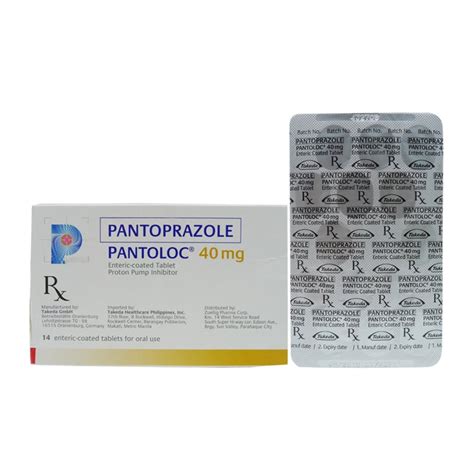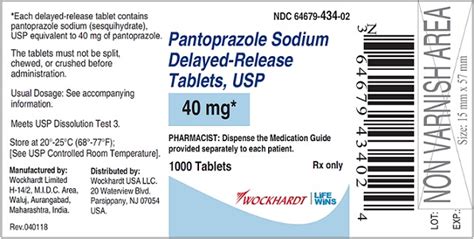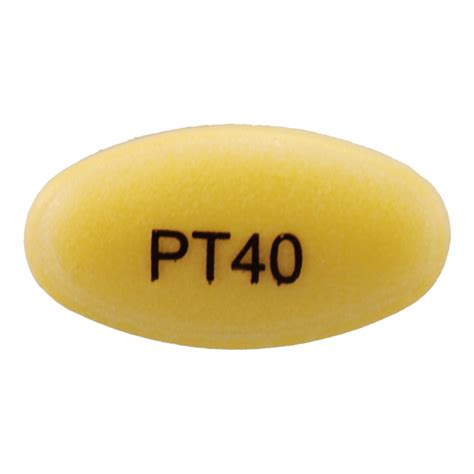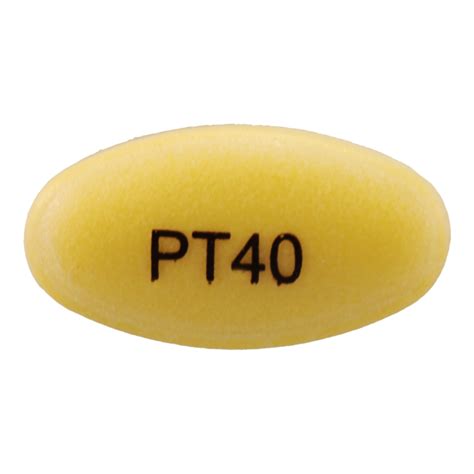Intro
Discover Pantoprazole 40mg side effects, including common gastrointestinal issues, headaches, and nausea, as well as rare but serious risks like vitamin deficiencies and bone fractures, to ensure safe usage of this proton pump inhibitor medication.
Pantoprazole, a proton pump inhibitor (PPI), is widely used to treat various gastrointestinal conditions, including gastroesophageal reflux disease (GERD), Zollinger-Ellison syndrome, and peptic ulcers. The medication works by reducing the amount of acid produced in the stomach, thereby alleviating symptoms such as heartburn, regurgitation, and stomach pain. While pantoprazole is generally well-tolerated, it can cause side effects, particularly when taken in high doses, such as 40mg. Understanding the potential side effects of pantoprazole 40mg is crucial for patients to make informed decisions about their treatment.
Pantoprazole 40mg is often prescribed for patients who require a higher dose to manage their symptoms effectively. However, this increased dosage can also lead to a higher risk of adverse effects. Common side effects of pantoprazole 40mg include headache, diarrhea, nausea, vomiting, and abdominal pain. These symptoms are usually mild and temporary, resolving on their own within a few days. Nevertheless, some patients may experience more severe side effects, which can impact their quality of life. It is essential for patients to discuss their concerns with their healthcare provider to determine the best course of treatment.
The gastrointestinal system is a complex and delicate environment, and altering the acid production in the stomach can have far-reaching consequences. Long-term use of pantoprazole 40mg has been linked to an increased risk of osteoporosis, vitamin B12 deficiency, and magnesium deficiency. These conditions can have significant implications for patients' overall health, emphasizing the need for regular monitoring and adjustments to treatment plans as necessary. Furthermore, pantoprazole 40mg can interact with other medications, such as warfarin, phenytoin, and clopidogrel, which can lead to adverse reactions. Patients must inform their healthcare provider about all medications they are taking to minimize potential interactions.
Pantoprazole 40mg Mechanism of Action

Benefits of Pantoprazole 40mg
The benefits of pantoprazole 40mg are numerous, making it a popular choice for treating various gastrointestinal conditions. Some of the advantages include: * Rapid symptom relief: Pantoprazole 40mg can provide quick and effective relief from symptoms such as heartburn, regurgitation, and stomach pain. * Improved quality of life: By reducing symptoms and preventing complications, pantoprazole 40mg can significantly improve patients' quality of life. * High efficacy: The medication has been shown to be highly effective in treating acid-related disorders, with a high success rate in healing esophagitis and preventing relapse. * Good tolerability: Pantoprazole 40mg is generally well-tolerated, with most patients experiencing few or no side effects.Pantoprazole 40mg Side Effects and Interactions

Pantoprazole 40mg Contraindications and Warnings
Pantoprazole 40mg is contraindicated in patients with known hypersensitivity to the medication or any of its components. Additionally, patients with a history of osteoporosis, vitamin B12 deficiency, or magnesium deficiency should use the medication with caution. Pantoprazole 40mg can also interact with other medications, such as: * Warfarin: Increased risk of bleeding * Phenytoin: Increased risk of phenytoin toxicity * Clopidogrel: Decreased effectiveness of clopidogrelPantoprazole 40mg Dosage and Administration

Pantoprazole 40mg Overdose and Treatment
In the event of an overdose, patients should seek medical attention immediately. Treatment for pantoprazole 40mg overdose typically involves supportive care, such as monitoring vital signs and managing symptoms. Activated charcoal may be administered to reduce absorption, and patients may require hospitalization for close monitoring.Pantoprazole 40mg Pregnancy and Breastfeeding

Pantoprazole 40mg Pediatric Use
Pantoprazole 40mg is not approved for use in pediatric patients. However, the medication has been used off-label in children with GERD and other acid-related disorders. Patients should consult their healthcare provider to determine the best course of treatment for their child.Pantoprazole 40mg Geriatric Use

Pantoprazole 40mg Patient Counseling
Patients taking pantoprazole 40mg should be counseled on the proper use of the medication, potential side effects, and interactions with other medications. They should also be advised to: * Take the medication as directed * Not crush or chew the tablets * Report any side effects or concerns to their healthcare provider * Attend follow-up appointments to monitor their conditionPantoprazole 40mg Storage and Handling

Pantoprazole 40mg Disposal
Patients should dispose of pantoprazole 40mg and its packaging in accordance with local regulations and guidelines. They should not flush the medication down the toilet or drain, as this can contaminate waterways and harm the environment.What are the common side effects of pantoprazole 40mg?
+Common side effects of pantoprazole 40mg include headache, diarrhea, nausea, vomiting, and abdominal pain.
Can pantoprazole 40mg be used in pediatric patients?
+Pantoprazole 40mg is not approved for use in pediatric patients, but it has been used off-label in children with GERD and other acid-related disorders.
How should pantoprazole 40mg be stored and handled?
+Pantoprazole 40mg should be stored at room temperature, away from moisture and light, and kept out of reach of children and pets.
Can pantoprazole 40mg interact with other medications?
+Yes, pantoprazole 40mg can interact with other medications, such as warfarin, phenytoin, and clopidogrel, which can lead to adverse reactions.
What should patients do if they experience side effects while taking pantoprazole 40mg?
+Patients should report any side effects or concerns to their healthcare provider, who can adjust their treatment plan as necessary.
